Home>Articles>What Can I Do If Someone Is Blocking My Driveway
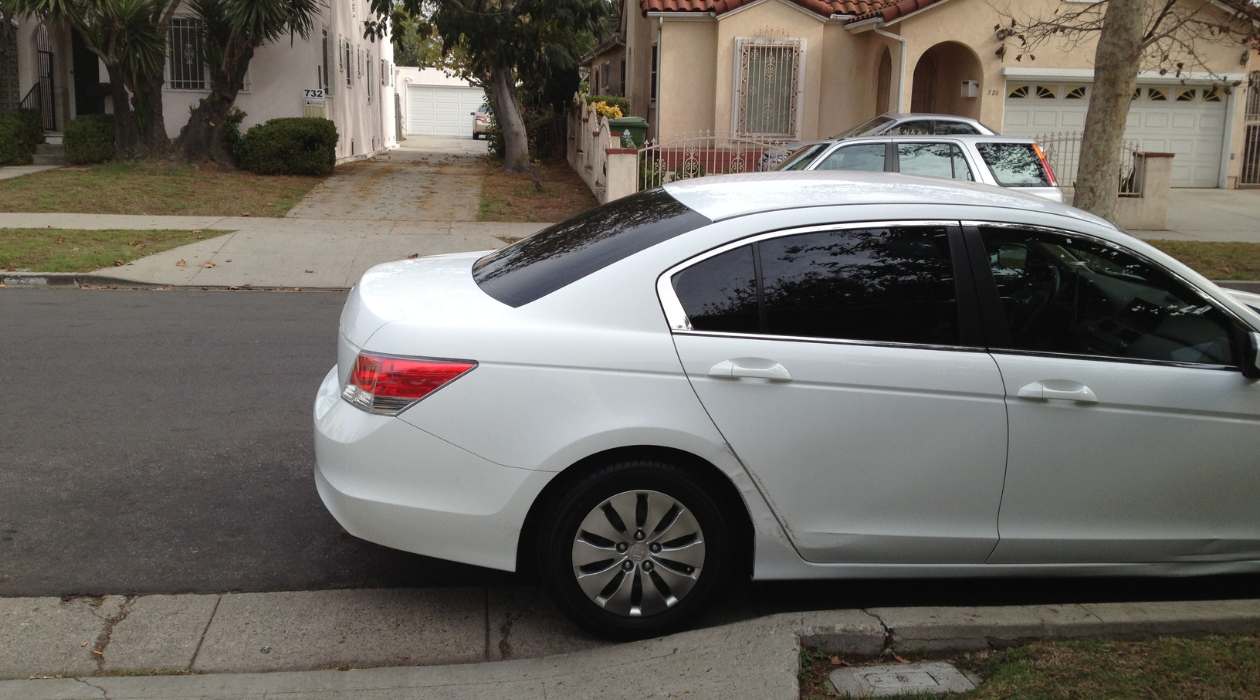

Articles
What Can I Do If Someone Is Blocking My Driveway
Modified: January 18, 2024
Discover practical solutions when someone is blocking your driveway. Read our informative articles for helpful tips and advice to effectively handle this issue.
(Many of the links in this article redirect to a specific reviewed product. Your purchase of these products through affiliate links helps to generate commission for Storables.com, at no extra cost. Learn more)
Introduction
Having someone block your driveway can be an incredibly frustrating and inconvenient situation. Whether it’s a neighbor’s car, a delivery truck, or a stranger parking in front of your driveway, dealing with blocked access can disrupt your daily routine and leave you feeling helpless. However, there are actions you can take to address this issue and regain control of your driveway.
In this article, we will explore various steps you can take when facing the problem of someone blocking your driveway. From communication and contacting the authorities to seeking legal action and considering alternative solutions, we’ll guide you through the process of resolving this aggravating situation.
Before jumping into the specific steps, it’s vital to understand that each situation may differ based on local regulations and the circumstances surrounding the blockage. Therefore, it’s important to familiarize yourself with the legal regulations in your area and use this article as a general guide.
Now, let’s dive into the process of handling a blocked driveway and explore the options available to you.
Key Takeaways:
- Effective communication and understanding local regulations are key to resolving a blocked driveway. Document the situation, communicate with the responsible party, and involve authorities if necessary.
- Exploring alternative solutions, such as off-site parking or shared driveway agreements, can provide quicker and less confrontational resolutions to blocked driveway issues. Consider all options before pursuing legal action.
Understanding the Situation
The first step in addressing a blocked driveway is gaining a thorough understanding of the situation. This involves assessing the reasons behind the blockage and gathering necessary information. By doing so, you can approach the issue with clarity and determine the most appropriate course of action.
Start by identifying the person responsible for blocking your driveway. Is it a neighbor parking their car in front of your driveway regularly? Is it a delivery driver who made a one-time mistake? Or is it a random vehicle that is obstructing your access?
If it’s a neighbor, try to find out the reasons behind their behavior. Perhaps they are unaware of the inconvenience they are causing, or there may be a misunderstanding that can be resolved through communication. On the other hand, if it’s a delivery driver or a random vehicle, the act may be unintentional, requiring a different approach.
Next, gather information about the frequency and duration of the blockages. Keep a record of when and how long your driveway has been blocked. This documentation will serve as evidence if you need to involve the authorities or seek legal action.
It’s also crucial to understand local regulations and laws regarding vehicle parking. Different jurisdictions may have specific rules about parking on public streets or in front of private driveways. Familiarize yourself with these regulations to have a clear understanding of your rights and the steps you can take.
By carefully analyzing the situation, you’ll be better prepared to address the issue effectively. Whether it’s through communication, involving the authorities, or considering legal action, understanding the situation is the foundation for finding a resolution to the problem of a blocked driveway.
Communicating with the Person Blocking Your Driveway
When confronted with a blocked driveway, one of the first steps to consider is communicating with the person responsible for the obstruction. Engaging in a respectful and clear conversation can often resolve the issue without the need for further action. Here are some tips for effective communication:
1. Stay Calm: Approach the situation with a calm demeanor. Losing your temper may escalate the conflict and hinder productive communication. Take a deep breath and remain composed throughout the conversation.
2. Knock on Their Door: If the person blocking your driveway is a neighbor, knock on their door and politely explain the inconvenience their parking causes. They may be unaware of the impact it has on you and your ability to access your property.
3. Use Friendly Language: Choose your words carefully and speak in a friendly manner. Avoid confrontation or accusatory language that may put the other person on the defensive. Emphasize the impact their actions have on you and seek a mutually beneficial solution.
4. Offer Solutions: Suggest alternative parking options or ask if there is a specific reason for their parking choices. By offering solutions and being understanding, you increase the chances of reaching a compromise.
5. Document the Conversation: Keep a record of your conversation, including the date, time, and details discussed. This documentation can be useful if the issue persists and you need to involve the authorities or take legal action in the future.
6. Seek Mediation: If the initial conversation does not yield any positive results, consider involving a neutral third party, such as a community mediator or homeowners’ association representative, to facilitate a resolution.
Remember, effective communication is key to resolving conflicts. By approaching the person blocking your driveway in a calm and respectful manner, you increase the likelihood of finding a mutually satisfactory solution.
Notifying the Authorities
If communication with the person blocking your driveway doesn’t resolve the issue, or if the situation persists despite your efforts, it may be necessary to involve the authorities. Notifying the appropriate agencies or enforcement bodies can help enforce parking regulations and ensure that your access to your property is maintained.
Here are the steps you can take to notify the authorities:
1. Determine the Relevant Authority: Research your local regulations to identify the appropriate authority to contact. This may be the local police department, parking enforcement agency, or a designated helpline for reporting parking violations.
2. Gather Information: Before contacting the authorities, gather necessary details about the situation. This includes noting the time and duration of the blockage, capturing photographs or videos as evidence, and collecting any other relevant information that can support your complaint.
3. Make the Report: Contact the relevant authority using the provided channels (phone, email, or online reporting system), and provide them with a clear and detailed account of the issue. Include all the gathered information and evidence to support your complaint. Be prepared to provide your name, address, and any additional requested details.
4. Follow Up: After making the report, follow up with the authorities to ensure that they have received your complaint and are taking appropriate action. Ask for updates on the progress of your case if necessary.
5. Cooperate with Authorities: If the authorities require your assistance or further information, be cooperative and provide them with the requested documentation or statements. Your active involvement can contribute to a more efficient resolution of the issue.
6. Understand the Process: Be aware that the authorities may have their own procedures and timelines for handling parking violations. Familiarize yourself with these processes, including any potential penalties or fines that may be imposed on the person blocking your driveway.
Notifying the authorities can be a crucial step in resolving the issue of a blocked driveway when other methods fail. Their involvement can enforce parking regulations and help you regain unobstructed access to your property.
If someone is blocking your driveway, you can try knocking on their door and politely asking them to move. If they refuse, you can contact your local law enforcement for assistance.
Seeking Legal Action
In some cases, despite your best efforts to communicate and involve the authorities, the issue of a blocked driveway may persist. When all other options have been exhausted, seeking legal action can provide a stronger means of resolving the situation and protecting your rights as a property owner.
Here are some steps to consider when seeking legal action:
1. Consult an Attorney: Before proceeding with legal action, it is wise to consult with an attorney who specializes in property law or civil litigation. They can assess the merits of your case, provide guidance on the applicable laws and regulations in your jurisdiction, and represent your interests in court if necessary.
2. Gather Evidence: Build a strong case by gathering all relevant evidence. This may include photographs or videos of the blocked driveway, records of any communication with the person responsible, copies of complaints filed with the authorities, and any other documentation that supports your claim.
3. Understand Your Rights: Educate yourself about property laws specific to your area. Familiarize yourself with any local ordinances or regulations governing parking and access to driveways. Understanding your rights as a property owner will strengthen your case when seeking legal action.
4. File a Lawsuit: If all other options have been exhausted, you may choose to file a lawsuit against the person or entity responsible for blocking your driveway. Your attorney will guide you through the process of preparing and filing the necessary legal documents, such as a complaint or a petition, and represent your case in court.
5. Attend Court Proceedings: If your case proceeds to court, be prepared to attend all scheduled hearings and present your evidence. Your attorney will advocate on your behalf and present your case before the judge. Cooperate fully with your attorney and follow their guidance throughout the legal proceedings.
6. Be Prepared for Outcomes: Understand that the outcome of legal action is not guaranteed. The judge will consider the evidence presented by both parties and make a decision based on the applicable laws. Be prepared for a range of possible outcomes, including monetary compensation, injunctive relief, or other remedies as determined by the court.
Seeking legal action should be considered as a last resort when other avenues have been unsuccessful in resolving the issue of a blocked driveway. Working with a knowledgeable attorney will help ensure that your rights are protected and increase the chances of a favorable outcome in court.
Exploring Alternative Solutions
While communication, involving authorities, or seeking legal action are often effective methods for addressing a blocked driveway, there are alternative solutions that you can consider before pursuing more formal measures. Exploring these alternatives may provide a quicker and less confrontational resolution to the problem.
Here are some alternative solutions to explore:
1. Off-Site Parking: If the person responsible for blocking your driveway is a neighbor or a regular visitor, you could discuss the possibility of off-site parking. This could involve renting a parking space nearby or finding a nearby public parking lot where they can park instead.
2. Parking Permits or Restrictions: Check with your local municipality or homeowners’ association to see if parking permits or restrictions can be implemented in your neighborhood. This may help deter people from blocking driveways and ensure better compliance with parking regulations.
3. Shared Driveway Agreement: If you share a driveway with a neighbor, you can consider creating a shared driveway agreement. This agreement outlines the appropriate use of the driveway and addresses potential conflicts, ensuring access for all parties and minimizing obstructions.
4. Temporary Parking Solutions: In some cases, it may be possible to utilize temporary parking solutions when the need arises. This could involve obtaining permission from a nearby business or property owner to use their parking space temporarily when your driveway is blocked.
5. Neighborhood Mediation: If the person responsible for blocking your driveway is a neighbor with whom you have a good relationship, you may consider involving a neutral third party mediator. A mediator can help facilitate a conversation between you and your neighbor, fostering a cooperative and mutually beneficial resolution.
6. Creative Signage: Sometimes, placing a clear and polite sign near your driveway can help deter people from parking in front of it. The sign can politely ask them not to block the driveway and state the potential consequences of doing so.
Remember, exploring alternative solutions provides an opportunity to address the issue without resorting to more formal or confrontational methods. By being open-minded and willing to find common ground, you may find a resolution that works for all parties involved.
Conclusion
Dealing with a blocked driveway can be a frustrating and inconvenient experience. However, by taking proactive steps and exploring the various options available to you, you can effectively address the issue and regain uninterrupted access to your property.
Start by understanding the situation and assessing the reasons behind the blockage. Communicate with the person responsible for blocking your driveway, seeking a resolution through respectful and clear dialogue. If necessary, involve the authorities by notifying the relevant agencies and following the designated procedures for reporting parking violations.
In cases where communication and involving the authorities do not resolve the issue, it may be necessary to seek legal action. Consult with an attorney who specializes in property law to evaluate your case and guide you through the legal process.
Before proceeding with legal action, consider exploring alternative solutions. Off-site parking, shared driveway agreements, or temporary parking arrangements can provide quicker and less confrontational resolutions to the problem of a blocked driveway.
Regardless of the path you choose, documenting the situation and gathering evidence will strengthen your case and provide a solid foundation for any action you take. Furthermore, it’s essential to familiarize yourself with the local regulations governing parking and property rights to ensure that you understand your rights as a property owner.
In conclusion, dealing with a blocked driveway requires a combination of effective communication, understanding the legal processes, and exploring alternative solutions. By taking the necessary steps and pursuing the appropriate course of action, you can address the issue and regain control of your driveway, ensuring smooth and unobstructed access to your property.
Frequently Asked Questions about What Can I Do If Someone Is Blocking My Driveway
Was this page helpful?
At Storables.com, we guarantee accurate and reliable information. Our content, validated by Expert Board Contributors, is crafted following stringent Editorial Policies. We're committed to providing you with well-researched, expert-backed insights for all your informational needs.




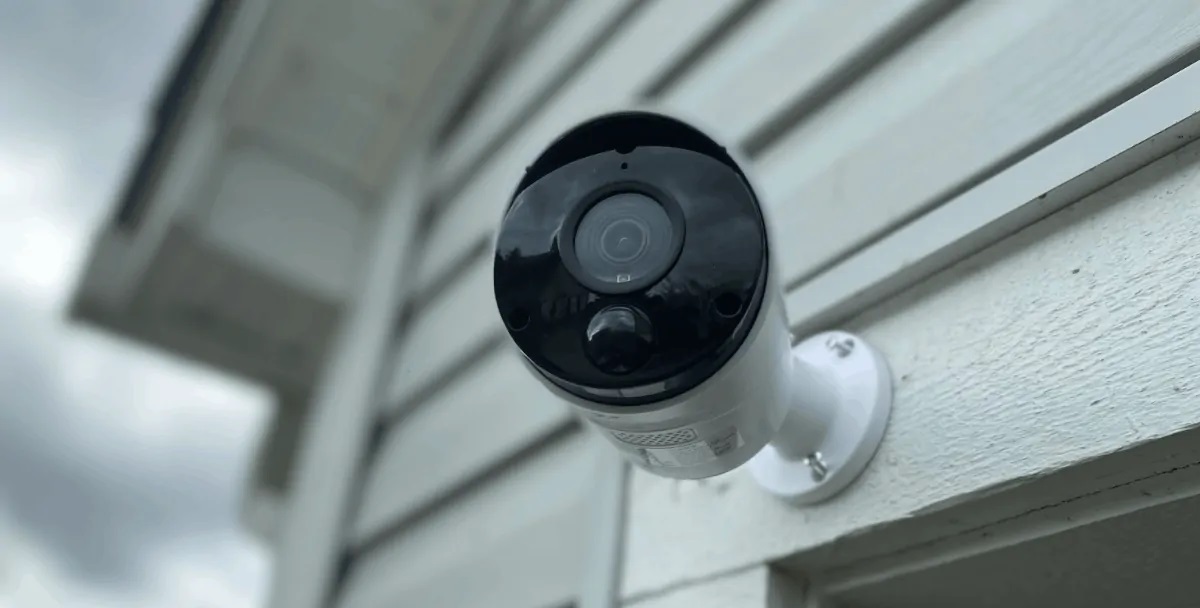
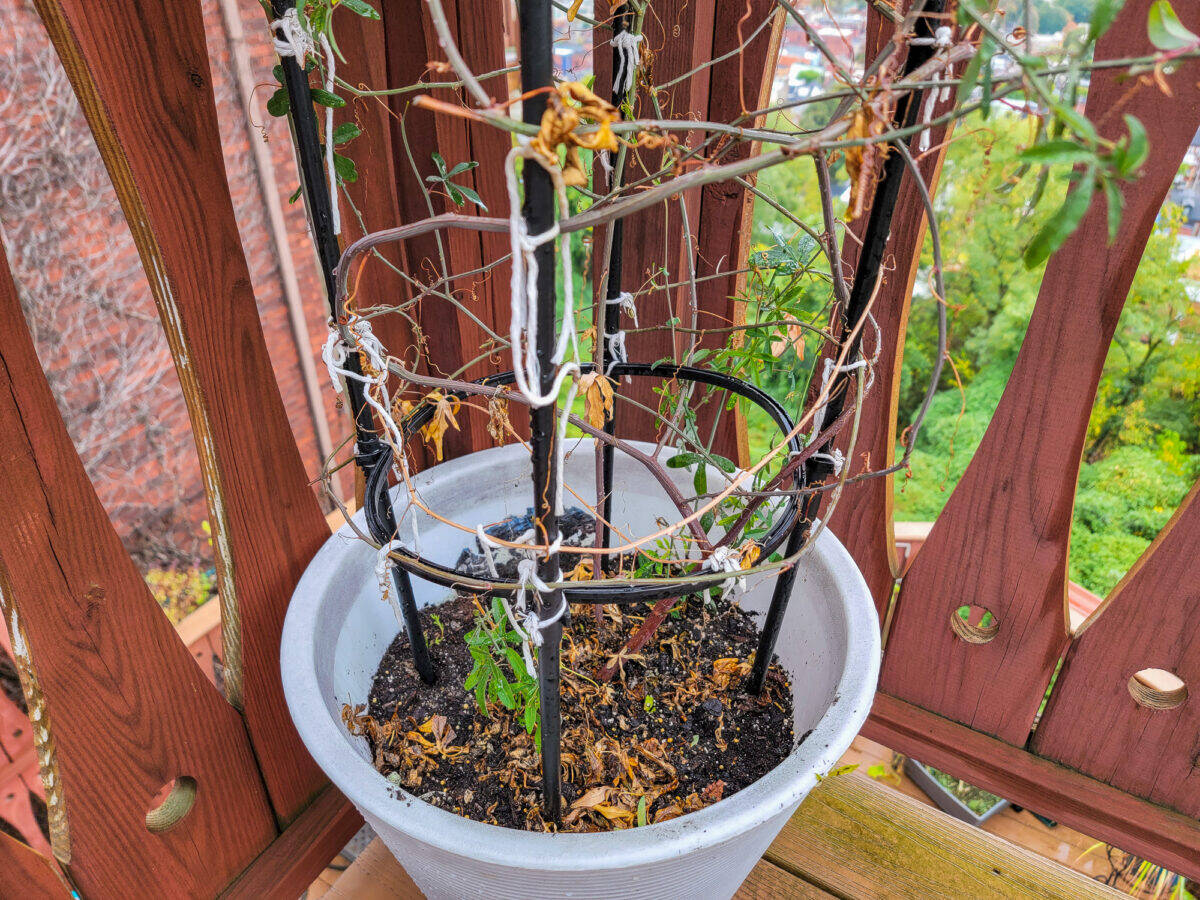

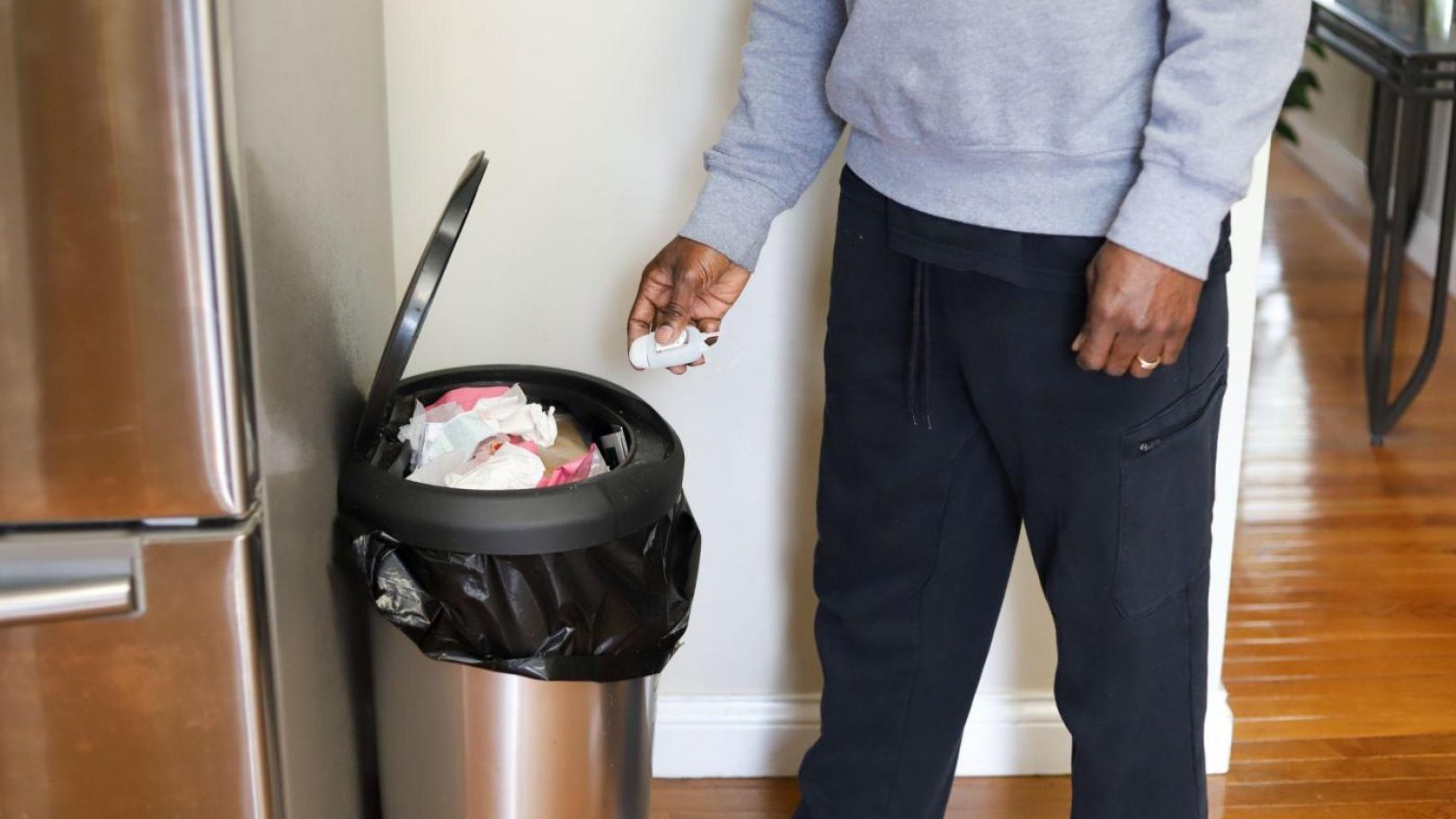
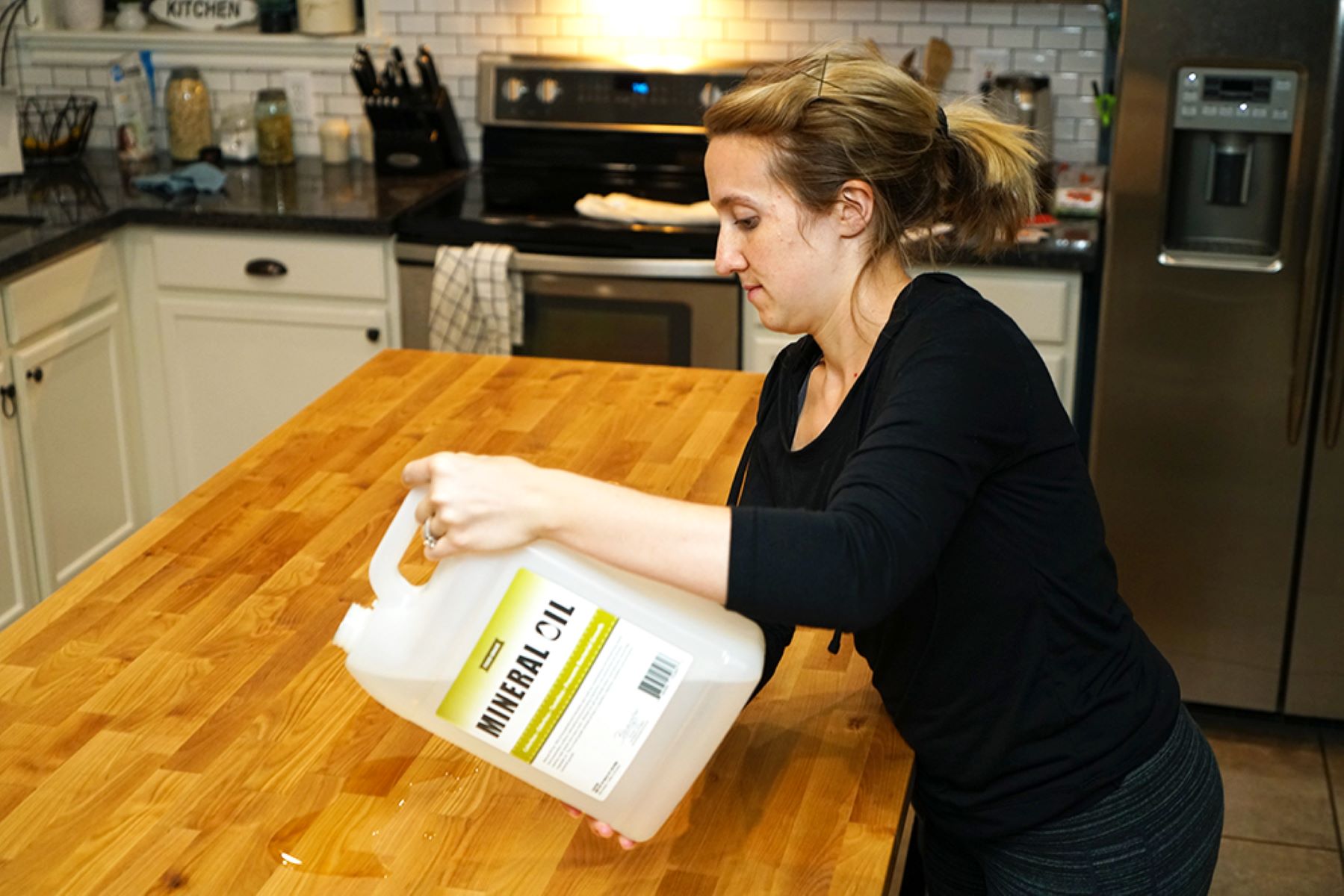






0 thoughts on “What Can I Do If Someone Is Blocking My Driveway”